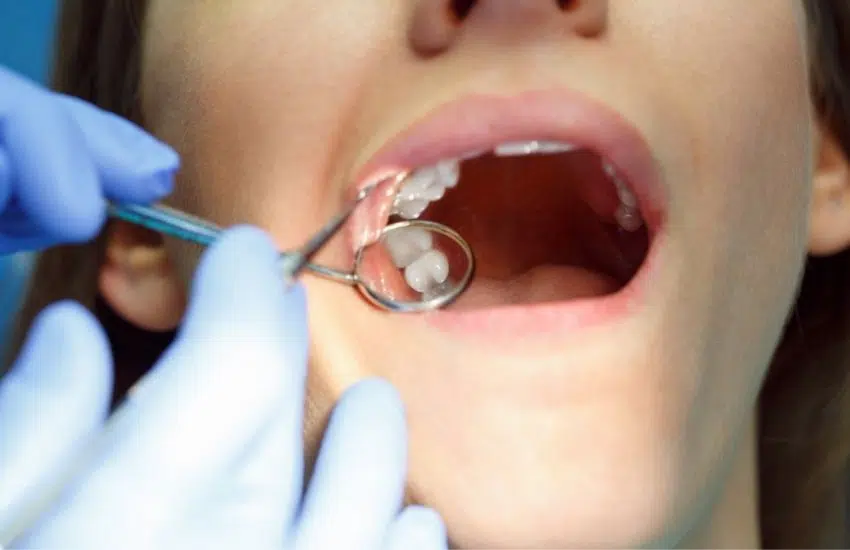Navigating the Bite After the Fight: A Guide to Talking After Wisdom Teeth Removal
Wisdom teeth removal, while a routine procedure, can disrupt your normal speaking patterns. Knowing how and when to talk after this procedure is crucial for optimal healing and minimizing discomfort. This article explores the impact of wisdom teeth removal on speech, offers a timeline for talking comfortably, and provides tips for effective communication during recovery.
Understanding the Healing Journey: Stages of Recovery and Speech Impact
Following a wisdom tooth extraction, your body embarks on a healing journey that can affect your speech in different ways:
-
The First 24 Hours: This is a critical period for blood clot formation at the extraction site. The anesthesia used during the procedure can also numb the tongue and mouth muscles, making speech difficult and slurred.
-
Days 2-3: Inflammation and tenderness might be present, and swelling can make it challenging to move your tongue and mouth freely, impacting speech clarity.
-
Days 4-7: The discomfort should gradually subside, and you might regain some control over your tongue and mouth movements, improving your ability to speak clearly.
-
Weeks 2-4: Healing progresses, and speech should return to normal as swelling and discomfort diminish.
-
Months: Complete healing and regeneration of bone tissue can take several months. However, your ability to speak comfortably should be fully restored within a few weeks.
Important Note: These are general guidelines. Healing timelines and the impact on speech can vary depending on the complexity of the extraction and individual factors.
Talking Time: A Guide to Reintroducing Speech After Extraction
Here’s a suggested timeline for gradually resuming talking after a wisdom tooth extraction:
- First 24 Hours: Focus on rest and minimize talking as much as possible. The anesthesia might still be wearing off, and speech will likely be slurred.
- Days 2-3: Speak only when necessary and keep conversations short and simple. Avoid whispering, as this can strain your voice more than speaking softly.
- Days 4-7: If healing progresses well and discomfort lessens, you can cautiously start talking more. Speak slowly and clearly, and avoid raising your voice.
- Week 2 Onwards: You can gradually return to your normal speaking patterns. However, be mindful of any lingering discomfort and adjust your communication style accordingly.
Remember: These are just general guidelines. Always prioritize comfort and adjust your talking habits based on how you feel. Consult your dentist if you experience any persistent pain or difficulty speaking.
Speaking Up for Success: Communication Tips During Recovery
Here are some strategies to enhance communication after wisdom tooth removal:
- Speak Slowly and Clearly: Enunciate your words carefully and avoid rushing your speech. This reduces strain on your mouth muscles and improves speech clarity.
- Use Short Sentences: Break down your thoughts into concise sentences to minimize mouth fatigue.
- Utilize Nonverbal Communication: Gestures, facial expressions, and writing notes can supplement your speech, especially in the initial stages of recovery.
- Hydration is Key: Staying hydrated keeps your mouth moist and facilitates smoother speech. Drink plenty of water and clear liquids throughout your recovery.
- Pain Management: Over-the-counter pain relievers like ibuprofen or acetaminophen can help manage discomfort and improve your ability to speak comfortably. However, always follow your dentist’s instructions regarding dosage and frequency.
When Silence Speaks Volumes: Signs to Seek Help
While some difficulty speaking after wisdom tooth removal is normal, there are situations that warrant immediate attention from your dentist. Here are some signs of potential complications:
- Severe or persistent pain: If the pain is severe or persists for several days despite taking pain medication, consult your dentist.
- Excessive bleeding: If bleeding persists beyond the first 24 hours, contact your dentist.
- Fever or chills: These can indicate an infection and require prompt dental attention.
- Difficulty swallowing or breathing: These are serious complications and require immediate medical attention.
By following these guidelines and communicating any concerns to your dentist, you can ensure a smooth recovery and minimize any speech difficulties after wisdom teeth removal. Remember, clear and open communication with your dentist is vital throughout the healing process.
FAQ: Addressing Your Speech Concerns After Extraction
Q: Can I talk right after wisdom teeth removal?
A: It’s best to wait for the anesthesia to wear off before talking much. Focus on rest and minimize talking in the first few hours after extraction.

